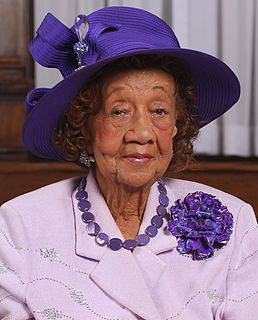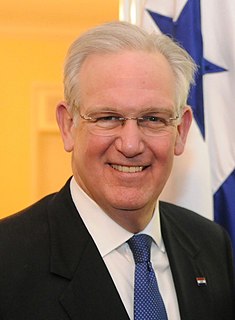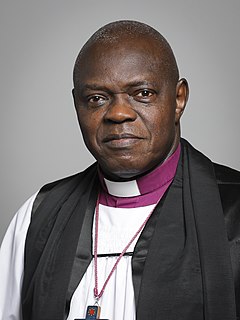A Quote by Dorothy Height
There is no contradiction between effective law enforcement and respect for civil and human rights.
Related Quotes
The core of human rights work is naming and shaming those who commit abuses, and pressuring governments to put the screws to abusing states. As a result, human rights conventions are unique among international law instruments in depending for their enforcement mostly on the activism of a global civil society movement.
Let's not use the term democracy as a play on words which is what people commonly do, using human rights as a pretext. Those people that really violate human rights [the West] violate human rights from all perspectives. Typically on the subject of human rights regarding the nations from the south and Cuba they say, "They are not democratic societies, they do not respect human rights, and they do not respect freedom of speech".
No society can exist if respect for the law does not to some extent prevail; but the surest way to have the laws respected is to make them respectable. When law and morality are in contradiction, the citizen finds himself in the cruel dilemma of either losing his moral sense or of losing respect for the law, two evils of which one is as great as the other, and between which it is difficult to choose.
When you expand the civil-rights struggle to the level of human rights, you can then take the case of the black man in this country before the nations in the UN. You can take it before the General Assembly. You can take Uncle Sam before a world court. But the only level you can do it on is the level of human rights. Civil rights keeps you under his restrictions, under his jurisdiction. Civil rights keeps you in his pocket.
Human rights and international criminal law both illustrate the contradictory potential of international law. On one level, the imposition of human rights norms is a restraint on interventionary diplomacy, especially if coupled with respect for the legal norm of self-determination. But on another level, the protection of human rights creates a pretext for intervention as given approval by the UN Security Council in the form of the R2P (responsibility to protect) norm, as used in the 2011 Libyan intervention. The same applies with international criminal accountability.
Good, healthy democratic societies are built on three pillars: there's peace and stability, economic development, and respect for rule of law and human rights. But often, we take stability - peace in terms of security and economic activity - to mean a country is doing well. We forget the third and important pillar of rule of law and respect for human rights, because no country can long remain prosperous without that third pillar.
If the rights of civil partners are met differently in law to those of married couples, there is no discrimination in law, and if civil partnerships are seen as somehow 'second class' that is a social attitude which will change and cannot, in any case, be turned around by redefining the law of marriage.




































